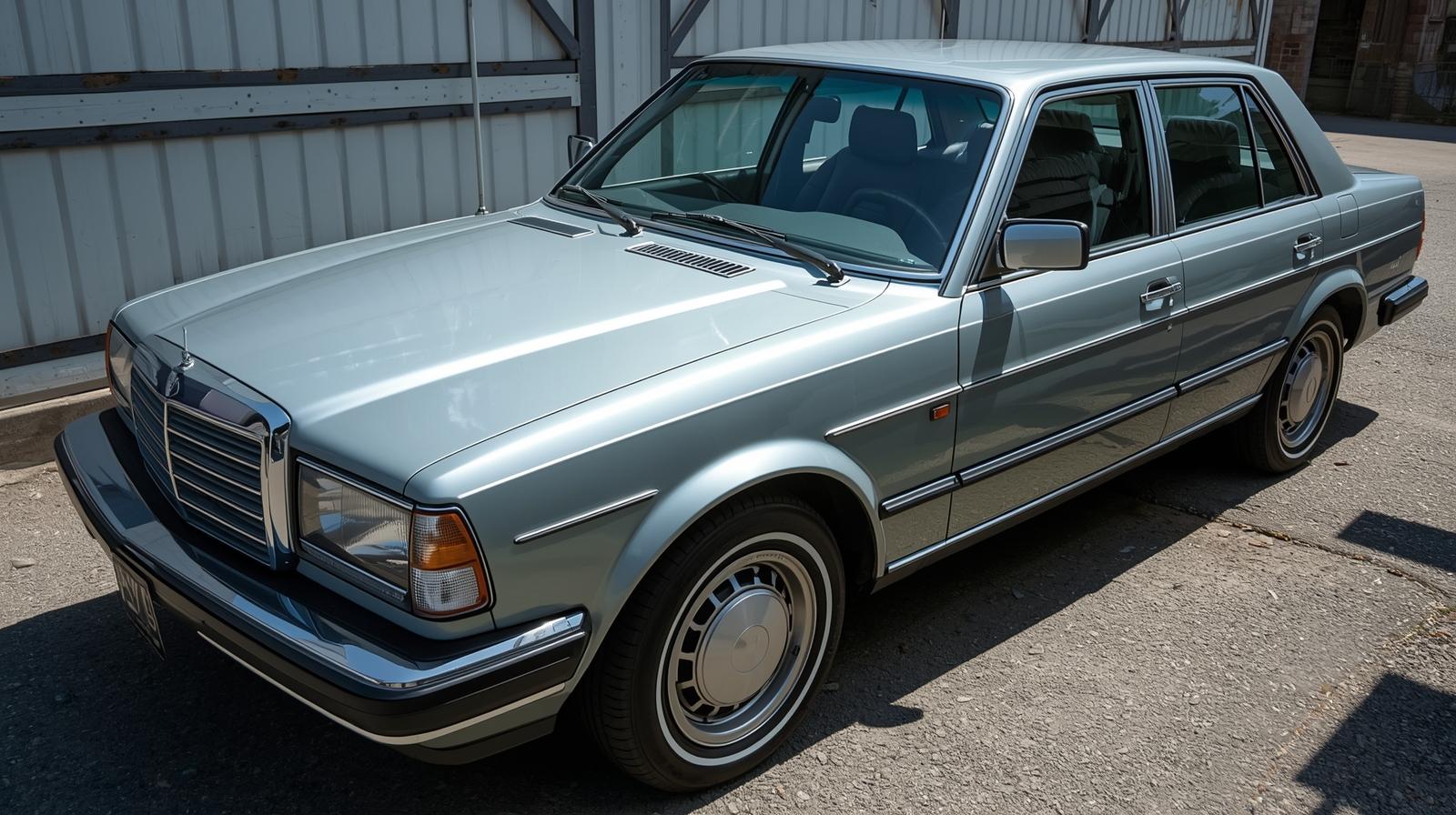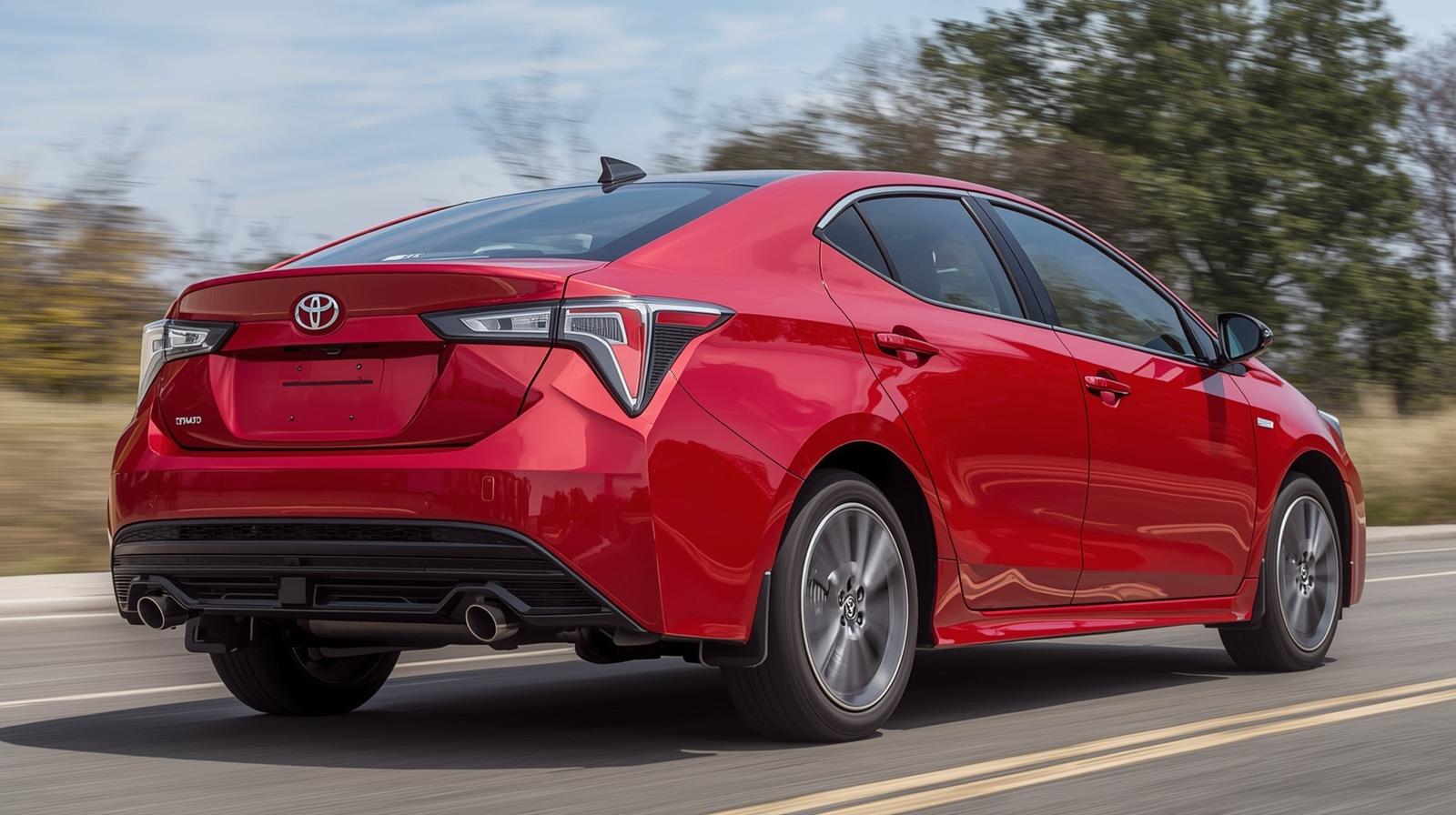How Much Auto Insurance Should I Have In Pennsylvania?
Getting the right insurance in the state of Pennsylvania will help you to protect your car and liabilities in case of an accident. Not only will it cover you legally, but it will also help you save costs by understanding where you can avoid having to pay for coverage.
In the state of Pennsylvania, you'll be required to maintain $15,000 of bodily injury liability per person, $5,000 of property damage liability, and another $5,000 for PIP (personal injury protection).
Understanding the state laws for auto insurance can be a great help when it comes to deciding how much coverage you should have.
Is Pennsylvania Different In Auto Insurance From Other States?
The Pennsylvania laws for auto insurance aren't significantly different from other states in the US, as most states require liability, collision, and comprehensive coverage. It's important to have adequate coverage that meets or even exceeds the minimum requirements set by your state.
In Pennsylvania, you'll need to meet a financial responsibility law which requires a minimum amount of property damage and bodily injury liability coverage.
Having these minimum coverages will not only help you avoid a fine, but they are put in place due to statistics held by the state. These statistics factor in the accident rate, health cover costs, and average vehicle repairs.
While they may seem inconvenient to some degree, the regulations set in place by the state are there to benefit you as a driver. Understanding these minimums can help you to make the right decisions when it comes to how much auto insurance you should have.
What Is The Minimum Coverage For Pennsylvania?
In the state of Pennsylvania, you must carry bodily injury liability in addition to property damage liability coverage at a minimum.
The minimum requirement for bodily injury liability is $15,000 per person and $30,000 per accident. The minimum requirement for property damage liability is $5,000, and lastly, the PIP (personal injury protection) minimum requirement is $5,000.
Knowing these minimums will help keep you covered in the event of an accident, but it doesn't mean that you shouldn't consider getting more coverage.
The higher the amount of coverage and deductible amounts, the more protection you receive in an accident. For example, to protect your vehicle from any damage and being totaled in a collision, it's wise to get collision coverage with a higher deductible.
If you are leasing a car in the state of Pennsylvania, it's also important to understand how this affects the insurance you are required to have.
Does Car Insurance In Pennsylvania Cover The Driver Or The Car?
The good thing about insurance for your vehicle in Pennsylvania is that it will cover your vehicle even if somebody else is driving it. While this may affect the rate of your insurance, it's still important to get comprehensive coverage for your car.
If you are renting a vehicle in Pennsylvania, most rental car companies will offer you a basic insurance package for the rental. Leasing a car often requires full coverage in order to protect the vehicle from any damage.
It's important to understand the details of your policy and make sure that you have adequate coverage for the driver, the car, and any passengers in case of an accident.
Having additional coverage can be a good advantage, as it will cover more than the minimum requirements set by state law while also helping you out in the event of an accident. One of the biggest issues in Pennsylvania is the risk of being in an accident with uninsured motorists.
What Are The Laws Regarding Uninsured Motorist Insurance In Pennsylvania?
Because of the financial issues associated with covering your vehicle from uninsured drivers, the state of Pennsylvania requires that you carry uninsured motorist coverage. Uninsured motorist insurance helps to provide additional protection for you and your passengers.
This type of coverage will help to protect you in case of an accident with a driver who does not have insurance. While it is optional coverage in Pennsylvania, it would be very wise to carry it as the cost of medical bills can add up quickly in case of an accident.
If you're unfortunate enough to end up in an accident with someone who is uninsured, while it is very unfair, it is something that can end up costing you thousands of dollars without you even being the cause.
Having collision coverage can also be advantageous as this covers your vehicle regardless of fault. If your vehicle has a higher value than most other cars, it is important to make sure that you have adequate coverage for its full value.
Underinsured motorist coverage is also a good idea in the state of Pennsylvania, as it can help to protect you from drivers who are not adequately insured. Having this, in addition to your other insurance policies, can help you have peace of mind knowing that you're covered if you ever find yourself in an accident.
Although the costs can stack up quite quickly when adding additional forms of coverage, it is important to keep in mind that the costs of not having adequate coverage can be more expensive.
What Can Affect Your Insurance Rates Most Heavily In Pennsylvania?
There are various circumstances that can increase the amount of insurance you have to pay for your vehicle, with the most significant factor being a result of having a DUI (driving under the influence) charge.
If you are caught driving under the influence, your insurance company will be informed, and your rates will go up significantly.
You should never drive under the influence, and if you want to keep yourself safe, as well as the other drivers on the road, it's important to be aware of the law and not drive after consuming any alcohol or illicit drugs.
Other factors that affect insurance rates in Pennsylvania include the type of vehicle you drive, where you live, and your driving record. If you have been in multiple accidents or have received multiple tickets, your rates may be affected.
Being proactive in regards to keeping your driving record clean or taking additional safety courses can help to keep the cost of your insurance down.
As illegal activity in your vehicle can have the biggest impact on your rates, being safe and also complying with state law will help you save in the long term.
What Are Some Ways To Reduce Your Insurance Costs?
Over time you can gradually reduce the costs of your insurance by being proactive in taking the necessary steps to prove you are a safe driver.
There are various ways to save, with the most popular option being to shop around for the best rates and also factor in the discounts that are available. Depending on who provides your insurance, you can get better rates from bundling multiple policies or being a long-term member.
Increasing your deductible is also a great way to reduce your insurance costs, especially if you're confident about your driving and have a good record to reassure yourself of your abilities.
Trying out a different payment plan can also be available through some insurance providers, as paying a year in full can save you a significant amount of money.
Taking a defensive driving course is a very useful way to not only improve your own safety and decrease your risk of an accident or injury but also as a way of reducing the costs of your insurance.
Making these small changes to decrease the amount of money you are paying for your insurance will help a lot in the long run. If you're living in the state of Pennsylvania, always maintain minimum coverage but try and go above and beyond with reducing your costs.




